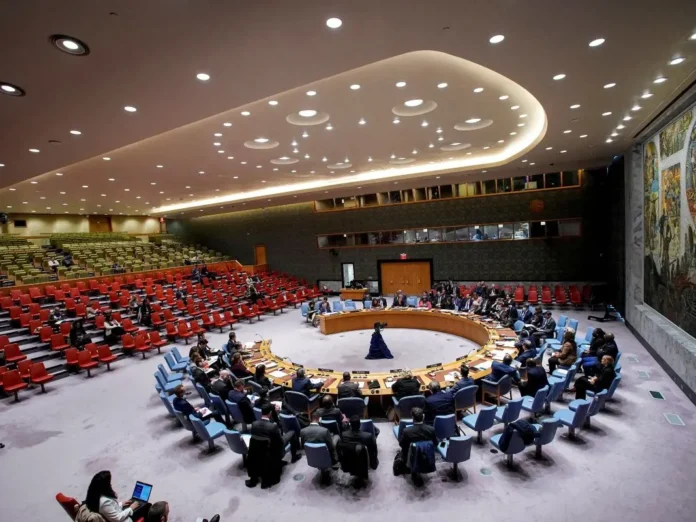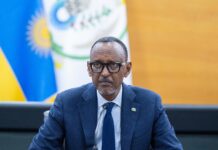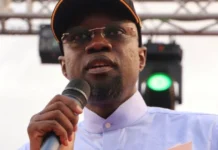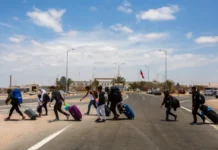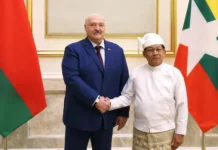The United Nations Security Council has unanimously voted to extend the mandate of the UN Integrated Office in Haiti (BINUH) until January 31, 2026, amid deepening insecurity and humanitarian crisis in the Caribbean nation.
The resolution, co-sponsored by the United States and Panama, aims to bolster Haiti’s democratic transition and support stability as the country grapples with rampant gang violence and political instability.
US Ambassador to the UN Dorothy Shea urged Council members to continue backing Haiti during this critical period. “As Council members, our continuing, collective efforts have the power to secure a more just and peaceful future for all Haitians,” Shea said.
Port-au-Prince, Haiti’s capital, remains in the grip of armed gangs, who now control over 80% of the city. The violence is spreading, with an estimated 27,000 people displaced last week in the central region following armed attacks. The UN says the mission’s continued presence is vital to protecting civilian lives and supporting governance structures.
However, while the US champions efforts to stabilise Haiti at the international level, Haitians living in the United States face growing uncertainty.
The Trump administration previously moved to end Temporary Protected Status (TPS) for around 500,000 Haitians—alongside hundreds of thousands from other crisis-affected countries, including Venezuela, Ukraine, and Afghanistan. Although the Biden administration reversed some of those decisions and expanded protections, legal challenges remain, and many face looming expiration dates.
TPS for Ethiopians expires in December 2025, while protection for Somalians and Yemenis ends in March 2026. Haitians and Venezuelans with pending court cases await clarity, as thousands remain in limbo.
The contrast underscores the complexity of US policy—supporting Haitian stability abroad while tightening conditions for displaced Haitians at home.









